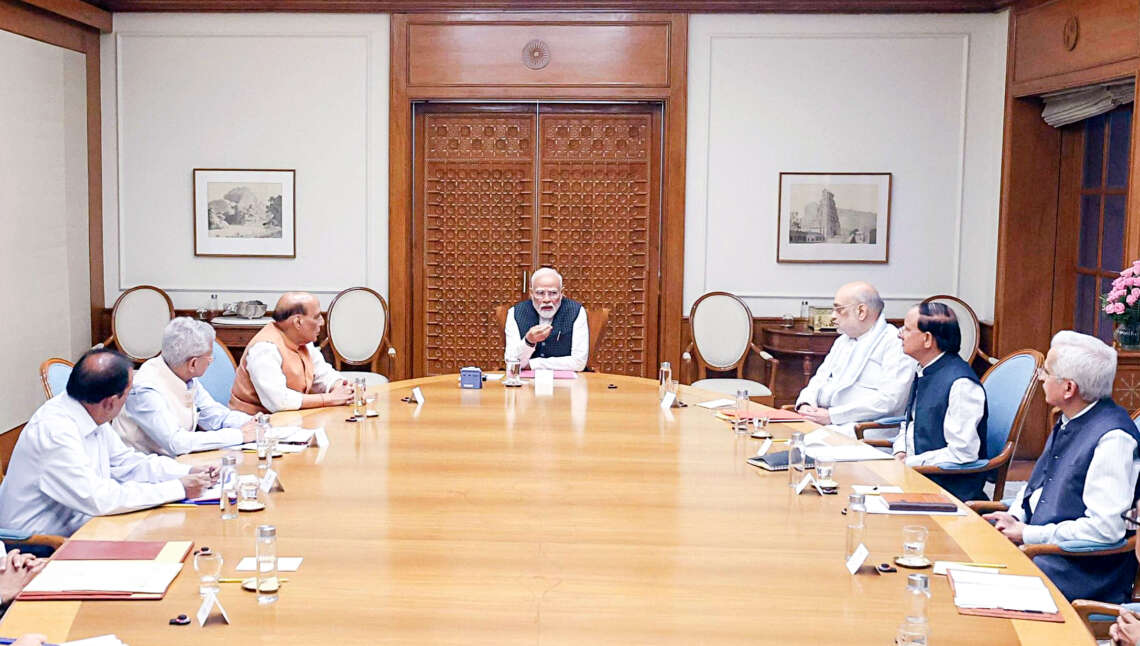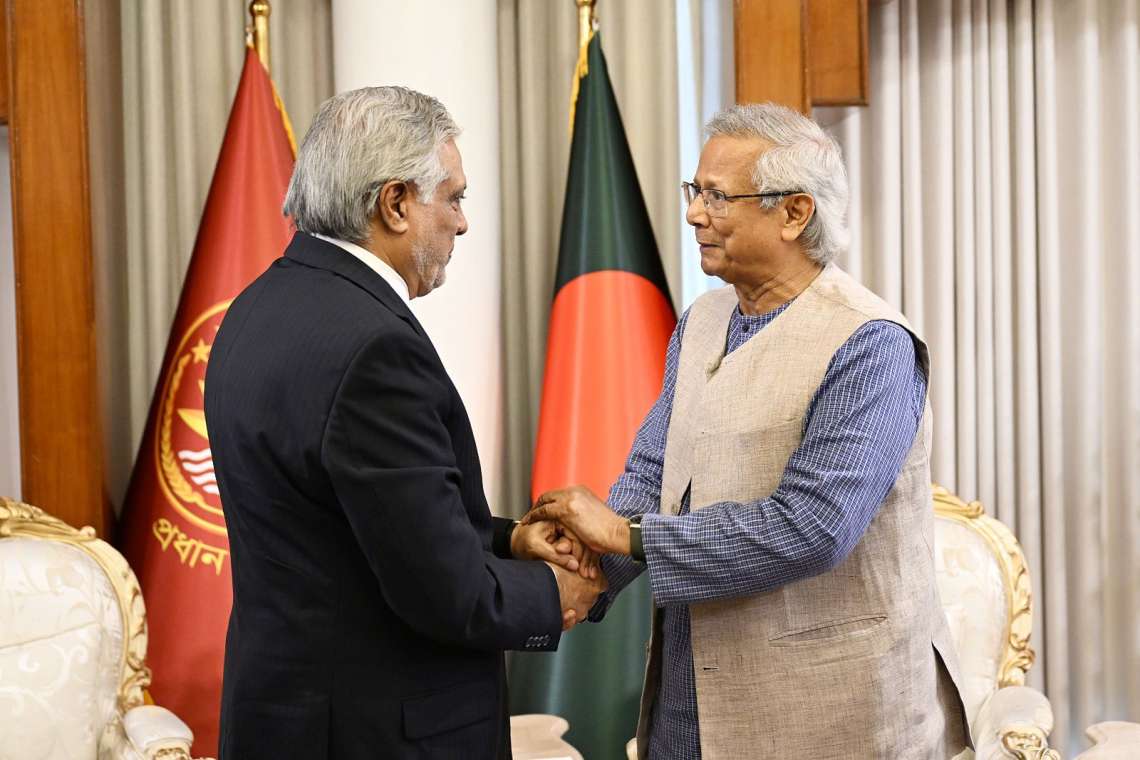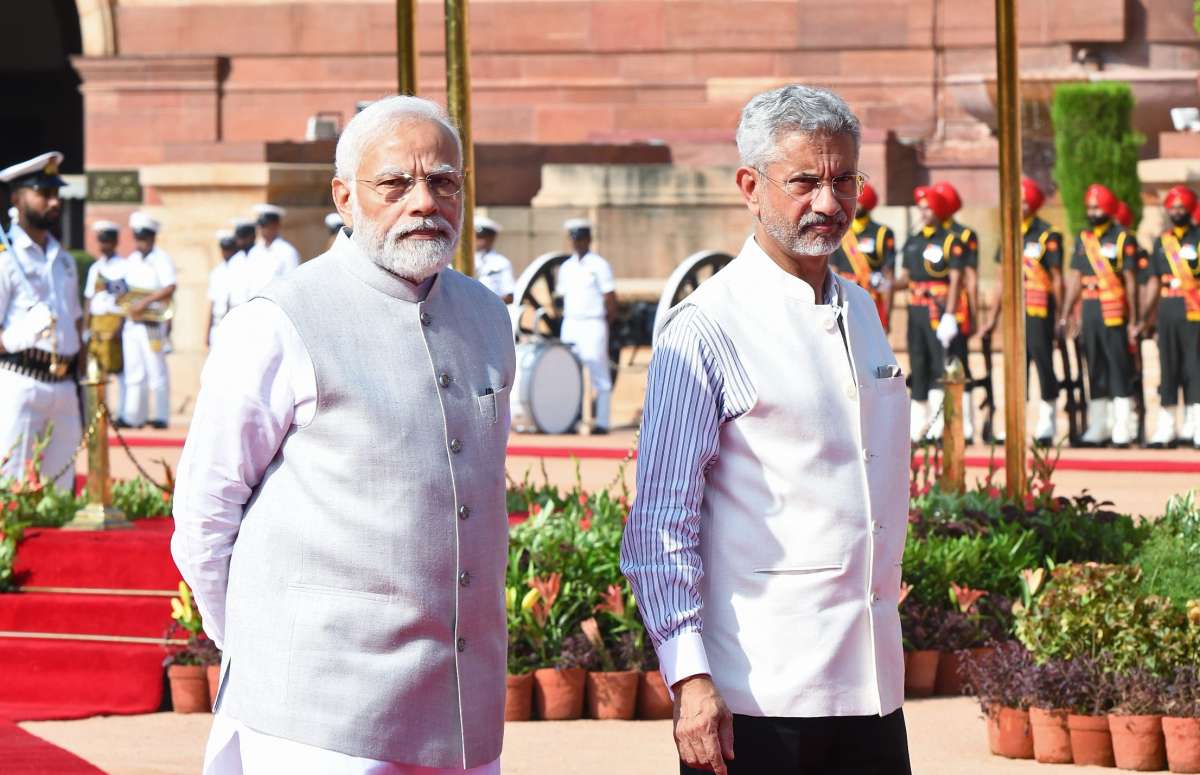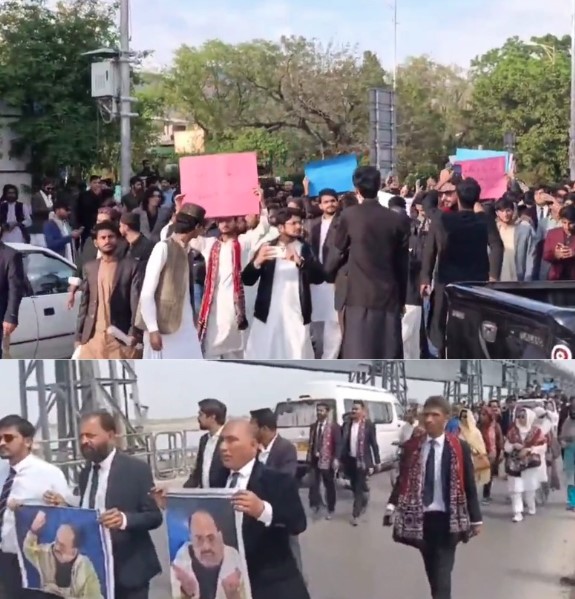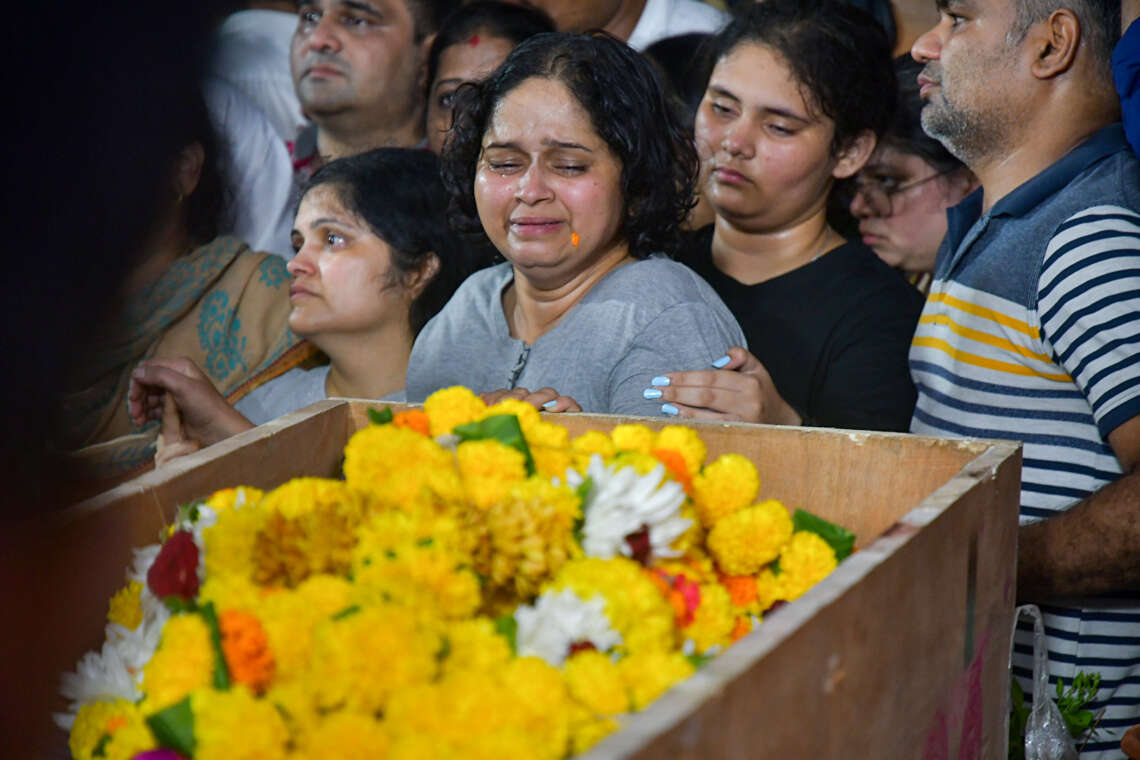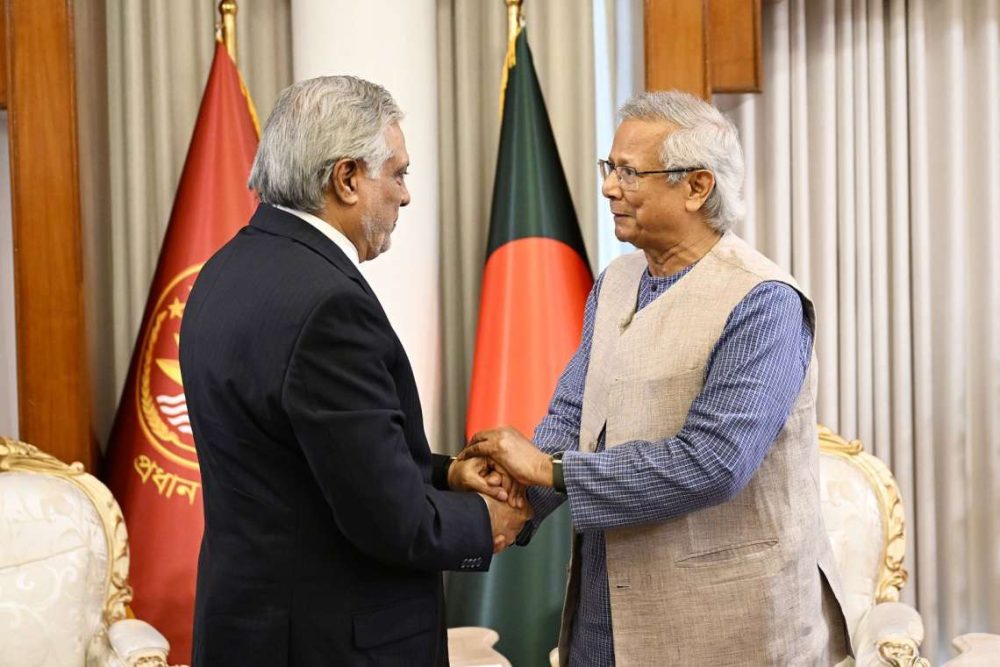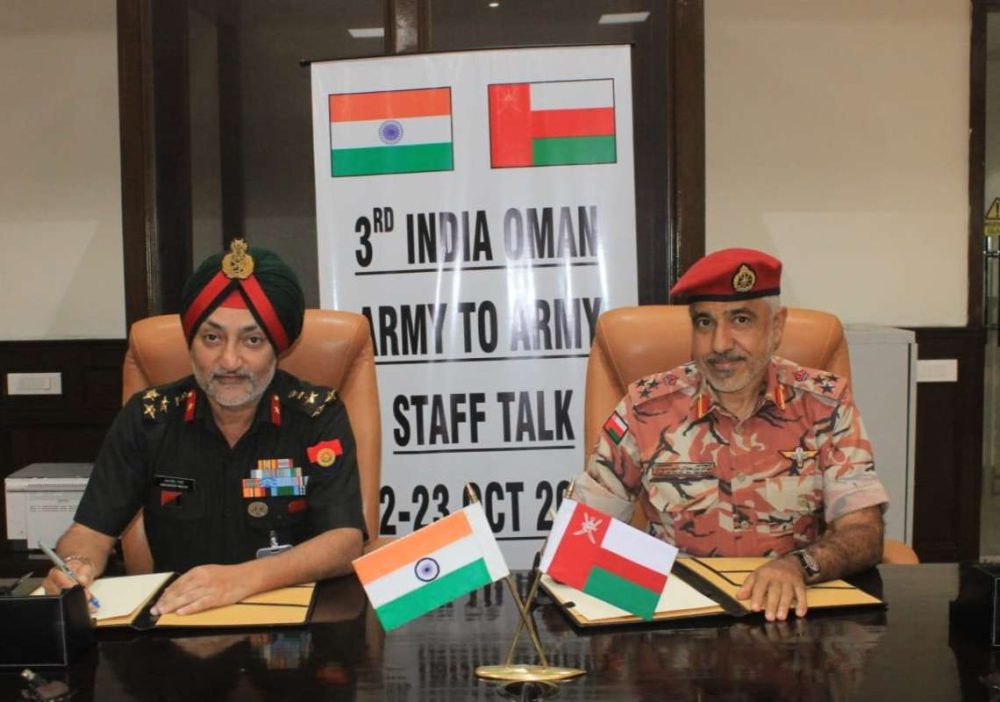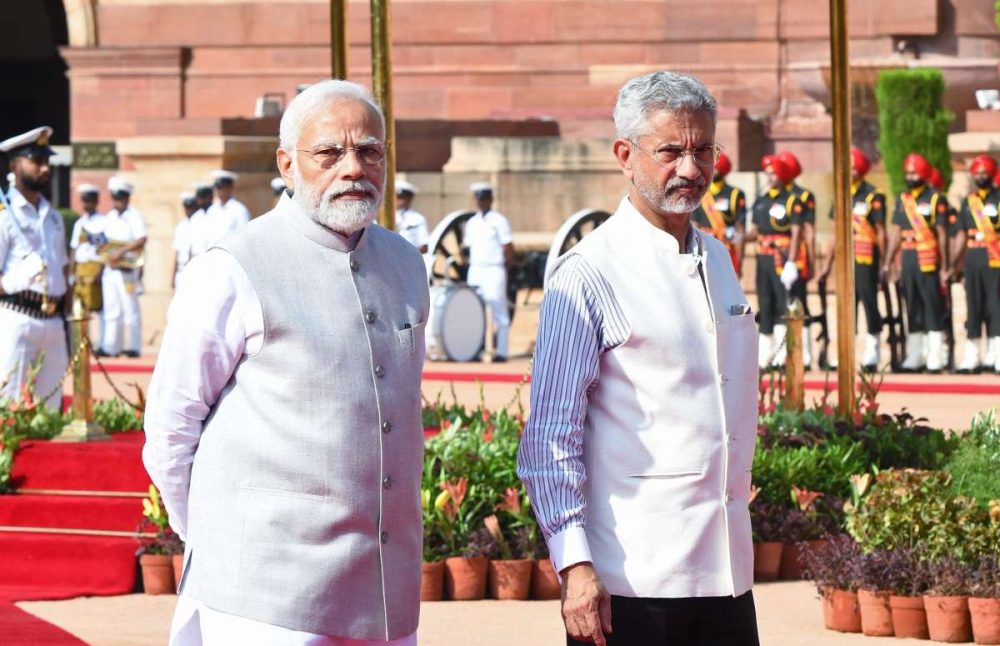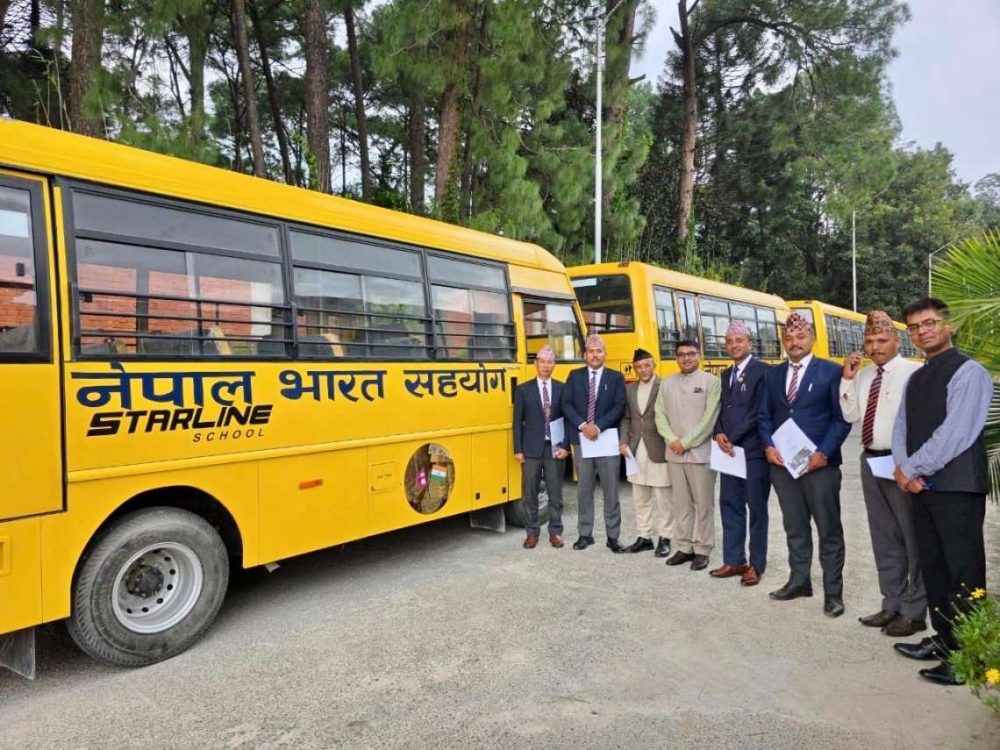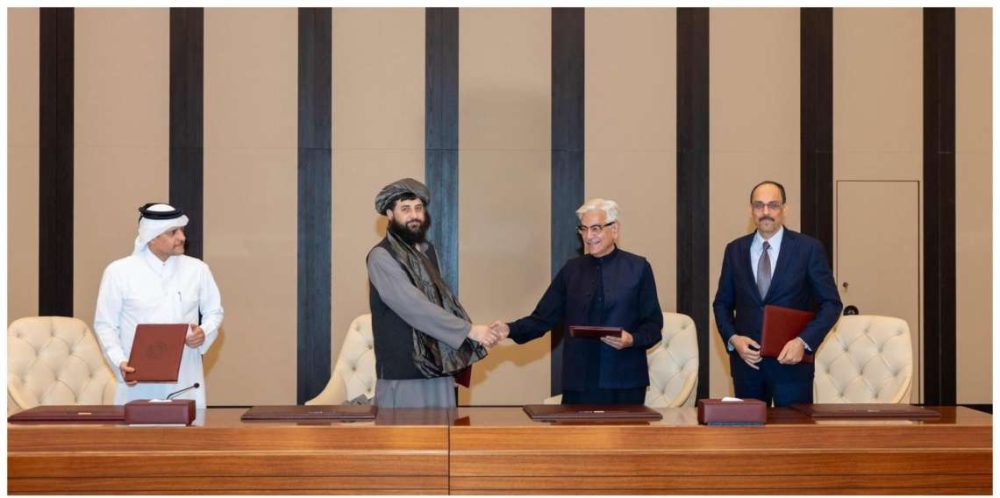The decision — which also included the downgrading of diplomatic ties with Pakistan — came after a meeting of the Cabinet Committee on Security (CCS), chaired by the PM
India on Wednesday announced immediate suspension of the Indus Waters Treaty with Pakistan and closure of the Wagah-Attari border crossing, in response to the deadly terror attack in Jammu and Kashmir’s Pahalgam that killed 26 people a day earlier.
The decision — which also included the downgrading of diplomatic ties with Pakistan — came after a two-and-a-half-hour meeting of the Cabinet Committee on Security (CCS), chaired by Prime Minister Narendra Modi on Wednesday.
Foreign Secretary Vikram Misri detailed the government’s response to the attack, which the CCS strongly condemned. “The CCS condemned the attack in the strongest terms and expressed its deepest condolences to the families of the victims and hoped for the early recovery of the injured… The CCS recorded its appreciation for such sentiments, which reflect zero tolerance for terrorism,” Misri said.
Misri announced that the suspension of the Indus Waters Treaty, signed in 1960, would take immediate effect. “Recognising the seriousness of this terrorist attack, the Cabinet Committee on Security decided upon the following measures. The Indus Waters Treaty of 1960 will be held in abeyance with immediate effect until Pakistan credibly and irrevocably abjures its support for cross-border terrorism,” he said.
The Indus Waters Treaty, signed on September 19, 1960 between then PM Jawaharlal Nehru and Pakistan President Field Marshal Ayub Khan, allocated the western rivers — Indus, Jhelum, and Chenab — to Pakistan and the eastern rivers — Ravi, Beas, and Sutlej — to India.
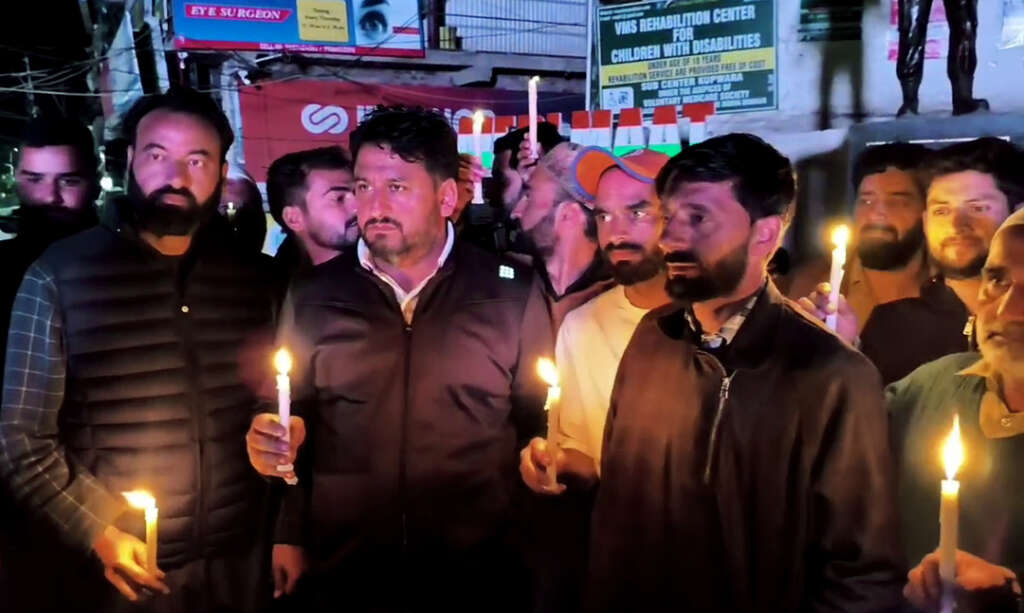
India, the upper riparian state, can stop sharing water data immediately, but stopping water to Pakistan cannot be immediate as we are in no position to do so. Importantly, it though leaves the threat hanging over Pakistan’s heads.
“The Indus water treaty being kept in abeyance will hit Pakistan the worst. The upper three rivers – Indus, Chenab and Jhelum – the waters are supposed to flow into Pakistan. Despite the three wars, we have kept that promise. Despite the Kargil incident, despite the insurgency, India had not withdrawn from this treaty. We have been standing by it, we have been sharing waters with them. But now, we have sent the message across that it cannot be taken for granted any longer. It will be a body blow to Pakistan and particularly the Punjab province there if we carry this threat out,” said ex-Indian Army vice chief Lieutenant General Sarath Chand.
As part of broader diplomatic and security actions, India also ordered the expulsion of Pakistani diplomats. “The Defence, Military, Naval, and Air Advisors in the Pakistani High Commission in New Delhi are declared persona non grata. They have a week to leave India,” Misri added.
India will also withdraw its own military advisors from the Indian High Commission in Islamabad. India further announced that all Pakistani nationals with SAARC visas would be required to leave within 48 hours.
“Pakistani nationals will not be permitted to travel to India under the SAARC Visa Exemption Scheme (SVES) visas. Any SVES visas issued in the past to Pakistani nationals are deemed cancelled,” Misri said. The government also decided to shut the Wagah-Attari border, the only road crossing between the two countries open to passengers.
“The integrated checkpost Attari will be closed with immediate effect. Those who have crossed over with valid endorsements may return through that route before 1st May 2025,” Misri said. The Wagah-Attari border, which serves as a symbolic and functional link for limited trade and people-to-people exchanges, will now be closed as part of the new measures.
Terrorists opened fire in Pahalgam on Tuesday, killing 26 people, mostly tourists, in the deadliest attack in the Valley since the 2019 Pulwama strike. The Resistance Front (TRF), a proxy of the banned Pakistan-based Lashkar-e-Taiba (LeT), claimed responsibility for the attack.


